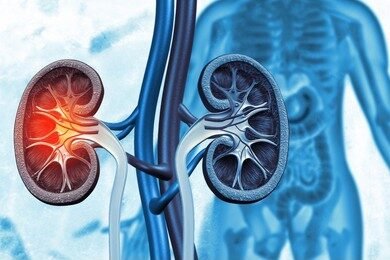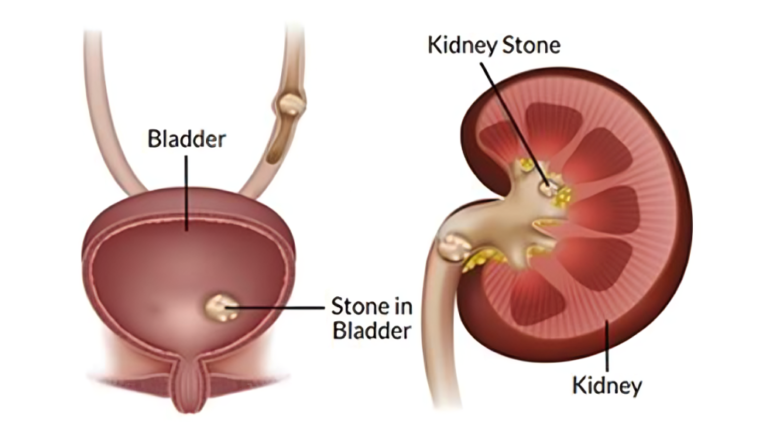Advancements in Prostate Health: Exploring the Benefits of Laser Surgery.
Prostate issues, particularly benign prostatic hyperplasia (BPH), affect a significant number of men as they age. Laser surgery has emerged as a cutting-edge and effective treatment option for prostate-related conditions, offering a minimally invasive approach with fewer complications compared to traditional surgical methods. In this article, we will delve into the world of laser surgery for the prostate, examining its benefits, applications, and potential advantages over conventional treatments.
To know more about it please click here
Understanding Prostate Conditions
- Benign Prostatic Hyperplasia (BPH):
- BPH is a common condition where the prostate gland enlarges, causing symptoms such as urinary frequency, urgency, and difficulty in starting or stopping the urinary stream.
- Prostate Cancer:
- While laser surgery is not typically the primary treatment for prostate cancer, it may be used in certain cases, such as to relieve urinary obstruction.
Laser Surgery for Prostate
- Types of Laser Surgery:
- Various types of laser surgery are employed for prostate conditions. Two common methods include:
- Laser Vaporization (GreenLight Laser): Uses high-energy laser light to remove excess prostate tissue.
- Holmium Laser Enucleation of the Prostate (HoLEP): A more extensive procedure where the laser is used to dissect and remove prostate tissue.
- Various types of laser surgery are employed for prostate conditions. Two common methods include:
- Minimally Invasive Nature:
- Laser surgery is known for its minimally invasive approach, often performed through the urethra with no external incisions. This reduces the risk of complications, promotes quicker recovery, and minimizes blood loss.
- Precision and Accuracy:
- Laser surgery allows for precise targeting of prostate tissue, minimizing damage to surrounding structures. This precision is particularly beneficial for preserving sexual function and urinary continence.
- Reduced Hospital Stay:
- Compared to traditional prostate surgeries, laser procedures generally result in shorter hospital stays. Many patients can return home on the same day or within a short period after the surgery.
- Quick Recovery:
- Laser surgery often leads to a faster recovery with less pain and discomfort. Patients can resume normal activities sooner than with traditional surgical approaches.
To know more about it please click here
Advantages Over Traditional Methods
- Lower Risk of Complications
- Laser surgery carries a lower risk of complications such as bleeding and infection compared to traditional surgical methods.
- Preservation of Sexual Function:
- The precise nature of laser surgery helps preserve nerves critical for sexual function, reducing the likelihood of erectile dysfunction post-surgery.
- Effective for Larger Prostates:
- Laser surgery, especially HoLEP, is effective for treating larger prostates, providing a viable option for patients with significant enlargement.
- Improved Urinary Flow:
- Patients often experience improved urinary flow and relief from bothersome symptoms following laser surgery.
Conclusion
Laser surgery for prostate conditions represents a significant advancement in the field of urology, offering a minimally invasive and effective solution for men facing issues like BPH. The benefits of precision, reduced complications, and quicker recovery make laser procedures an attractive option for both patients and healthcare professionals. As with any medical intervention, individual cases may vary, and consultation with a qualified urologist is essential to determine the most suitable treatment approach based on the specific needs of each patient.







